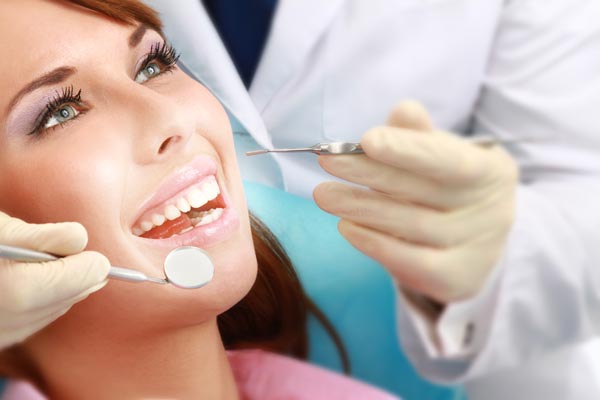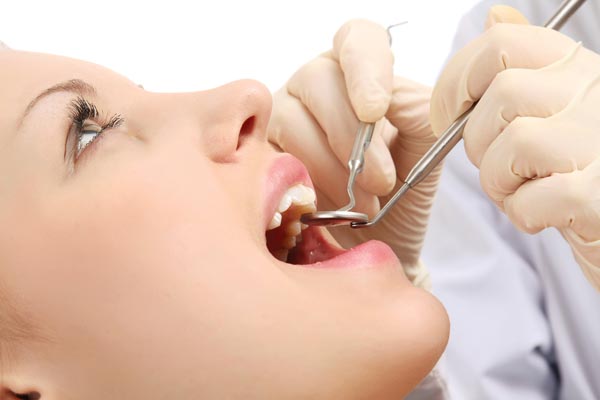
Oral Hygiene Care
Maintaining good oral hygiene is one of the most important things you can do for your teeth and gums. Healthy teeth not only enable you to look and feel good, they make it possible to eat and speak properly. Good oral health is important to your overall well-being.
Daily preventive care, including proper brushing and flossing, will help stop problems before they develop. In between regular visits to the dentist, there are simple steps you can take to greatly decrease the risk of developing tooth decay, gum disease, and other dental problems. These include
- Brush thoroughly twice a day and floss daily
- Eat a balanced diet and limit snacks between meals
- Use dental products that contain fluoride, including toothpaste
- Rinse with a fluoride mouth rinse if advised to do so by the dentist
- Ensure that children 12 years and under drink fluoridated water or take a fluoride supplement if they live in a non-fluoridated area
Dental Cleaning
A dental cleaning is a professional cleaning you receive from a dentist or dental hygienist. Most dental cleanings take less then an hour; however, your first visit to the office may require more time to gather information regarding your oral health. Cleanings should be performed every six months to prevent excessive plaque and tarter buildup. Plaque left untreated can lead to unhealthy gums and tooth decay. A routine dental cleaning should include scaling and polishing of teeth.

Gum disease
Gum disease, which is also called periodontitis, is when the bone around teeth is affected by inflammation of the gums. Scaling and root planing are the most effective ways to prevent and treat gum disease. This process cleans between the gums and teeth down to the roots. Scaling and root planing is the process of removing plaque and tartar from all tooth surfaces in a variety of methods, depending on the amount of plaque and tartar. These deeper cleanings are usually more comfortably treated while the teeth and gums are numb.
Dental hygienists traditionally perform scaling by hand; however, new and advanced technology has led to more modern methods such as electric scalers. This sophisticated tool allows dental cleanings to be performed more efficiently and in less time. To achieve best results, both electric and manual scaling methods are combined for dental cleanings.
